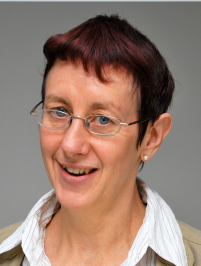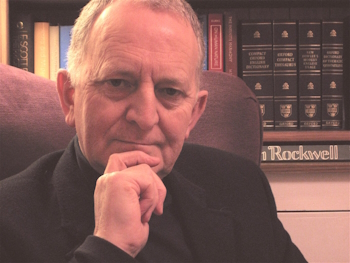What can qualitative methods tell us about building trust with experiences and experts?
15 April 2021, 2-5pm, hosted online.
Qualitative research can help us understand the changing levels of trust in expertise and claims to knowledge.
What's more, it is particularly well placed to do this because of its own questioning of the status of the knowledge that it creates.
Much public energy is given to disputing authorised versions of knowledge, policies, events, practices, affecting our sense of what and what we can trust. We can see this in varied responses to public health planning and communications, to very opposed accounts of the contributions of migrant groups to societies, the science of climate change and the value of arts, culture and sport. These debates are rooted in contemporary experience of disillusion with previously trusted personal, procedural and political sources of knowledge. There are challenges to reliance on experts, especially where their findings and advice contradict personal and social experiences of events and group discourses. These doubts and challenges now radically affect how academic, community and commercial research and researchers can be presented, seen and discussed.
Appreciating this revolution in the framing and reception of “research” makes it all the more important for qualitative researchers to use and adapt their skills to examine their own position and practices. They need to do this to question their own contribution to such debates, to demonstrate their capacity to listen respectfully, so as to find out how to adjust their understanding of what approaches are now appropriate and constructive and for what purposes. This symposium will provide an overview and improved understanding of what qualitative research can and should do to discover how trust in expertise operates and, where appropriate, to promote trust as a basis for re-building new understandings.
Key questions to be addressed include:
- Can the reflexive character of most qualitative research help us to better understand popular (dis)trust in expertise?
- How, if at all, is qualitative research implicated in discourses that are claimed to have undermined trust in expertise?
- What can qualitative expertise tell us about the complex relationships between experience and expertise?
- What is the status of the expertise claimed by qualitative researchers and how, if at all, should qualitative researchers be ‘experts’?
- What is the role of formal qualitative methodology in supporting claims to expertise?
2-2.15pm Welcome, introduction and orientation for the event
Professor Fiona Poland, Professor of Social Research Methodology, School of Health Sciences, University of East Anglia
Biography of Professor Fiona Poland
2.15-2.55pm Keynote speaker
Ben Garrod: Trust me, I’m a Scientist
Ben Garrod is Professor of Evolutionary Biology and Science Engagement in the School of Biological Sciences, University of East Anglia
Abstract and biography of the speak and Professor Garrod
Click to watch "Trust me, I’m a Scientist"
3.05-3.35pm Panel discussion
What does trust mean to you in qualitative research?
3.55-4.35pm Keynote speaker
Ron Iphofen: Constructing Ethical Evidence: Can We Rely on the Virtues of a Reflexive Qualitative Researcher to Generate Trust?
Ron Iphofen is a Fellow of the UK Academy of Social Sciences, the Higher Education Academy and the Royal Society of Medicine
Abstract and biography of the speak and Ron Iphofen
Click to watch "Constructing Ethical Evidence"
4.35-4.50pm Next steps and Closing remarks
 | ||
 |

)


)
)
:focus(181x156:182x157))
